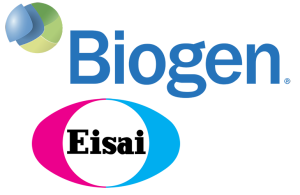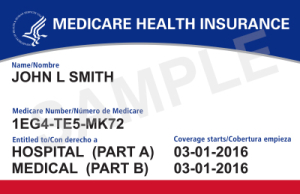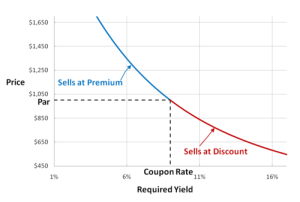
Biogen is the primary offender. Last year they delivered an Alzheimer’s drug called Aduhelm, pricing it at $56,000/year. If Aduhelm cured Alzheimer’s, a high price would be justified. But it doesn’t. It isn’t even proven to reduce symptoms.
Now they’re back, with a new medicine mainly developed by Eisai, the Japanese company that developed Aduhelm. This claims to improve cognition about 20% in people with early signs of the disease. That’s good. But it’s nowhere near a cure. There is every indication Biogen will demand a huge price on this medicine too.
There are two problems here, one business and one scientific.

The science problem is that the approach taken by Biogen and Eisai in developing this new medicine may be wrong. Scientists, those on the cutting edge of Alzheimer’s research, now believe the plaques are not the cause of the disease. They’re a symptom. The causes lie in the chemical reactions that change the proteins that result in the plaques. Aduhelm is like those old psoriasis creams that relieved some marks of the disease, when the cure lay in immune system suppressants, in kinase inhibitors that dealt with the underlying cause.
The solution must be for science to lead, and for payors to limit prices. The present system is untenable. The greed of drug companies like Biogen is leading to a reckoning, and all the lobbying in the world won’t stop it from happening. Investors need to understand that. So do patients.









